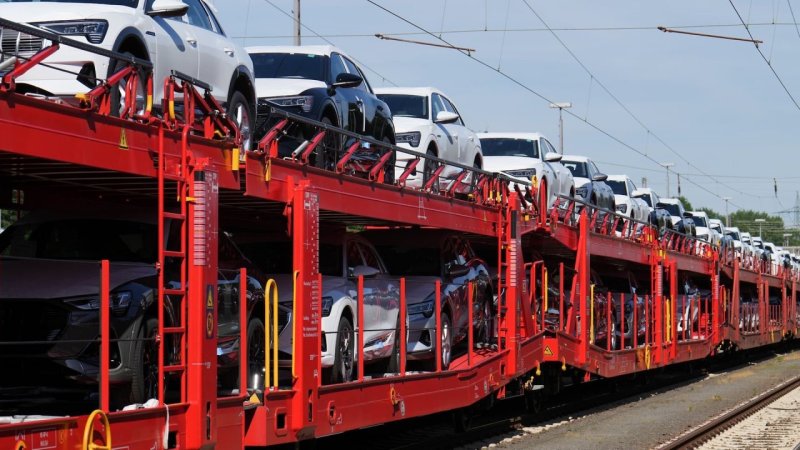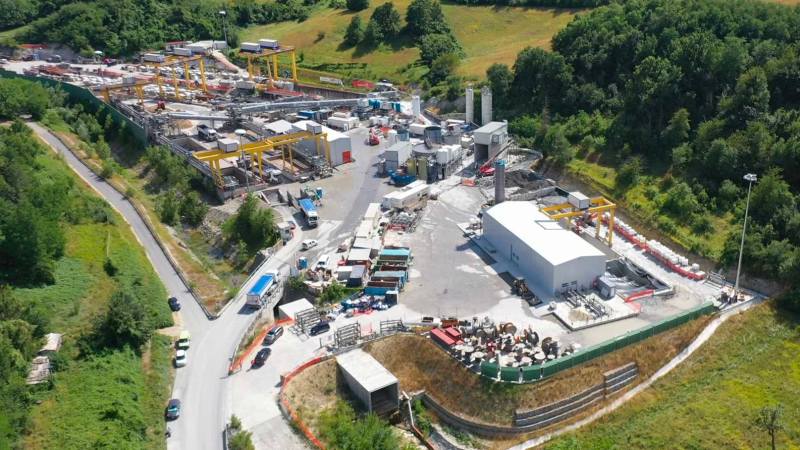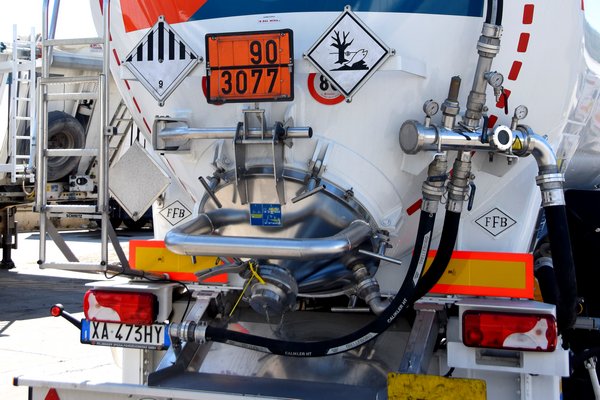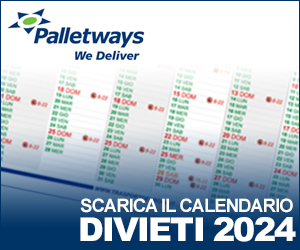The digitalization of transportation still has significant room for growth, and the alliance announced on May 17, 2024, by Volvo Group and Daimler Truck demonstrates that this potential extends to industrial vehicles as well. In a statement, the two groups announced the creation of an equal joint venture dedicated to developing a common digital platform for vehicles. This platform will enable each brand to create onboard hardware and software for their models and can also be used by third-party manufacturers.
The announcement specifically mentions a "software-defined vehicle platform." But what does this mean? It refers to an architecture where the primary functions and features of the vehicle are controlled and managed mainly through software rather than traditional hardware. This approach has long been used in managing the powertrain, safety systems, and infotainment.
However, new technologies such as artificial intelligence, machine learning, advanced connectivity, and driver assistance systems require significant investments. Creating a common platform and collaborating between two major groups like Volvo and Daimler Truck allows for a more efficient investment in the base platform, providing more resources for individual applications that each will develop independently.
"Software-defined industrial vehicles represent a paradigm shift in the transformation of our industry," explains Martin Lundstedt, President and CEO of Volvo Group. "Turning the truck into a programmable device with standard hardware and an operating system for rapid product updates will give both companies the opportunity to create value for our customers through distinctive digital services and solutions." He adds that in this context, "it makes sense to collaborate to accelerate development, increase volumes, and share costs."































































